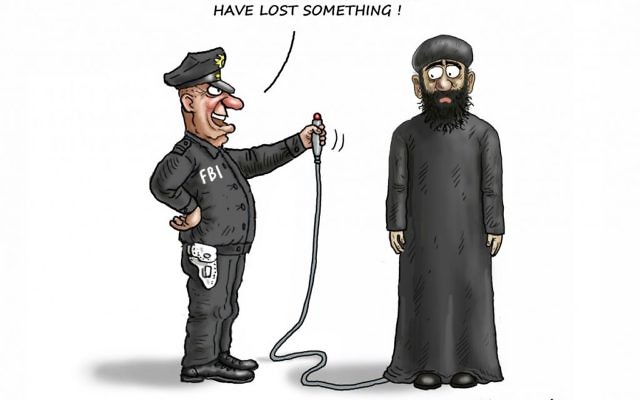Our View: Iran’s Secrets
The International Atomic Energy Agency’s half-hearted report this month on the military aspects of Iran’s nuclear program raises renewed alarms about the Iran nuclear deal. Those concerns are not, however, about Iran’s intentions so much as about the ineffective efforts by the United States and the rest of the world community to rein in the expansionist regime in Tehran.
The IAEA found, to no one’s surprise, that Iran was lying when it claimed to have only peaceful, civilian goals for its nuclear program. At least as late as 2009, Iran was trying to develop nuclear weapons. The nuclear agency found that Iran’s military-related efforts included work on detonators, experiments with explosives technology and computer models of nuclear explosives.
But the IAEA couldn’t reach definitive conclusions about the nuclear work since 2009 because Iran destroyed evidence and refused to answer questions despite its commitments under July’s Joint Comprehensive Plan of Action to cooperate with the IAEA and despite assurances from the Obama administration that Iran would be forced to fully disclose its activities.
Such disclosure was one of the justifications for the nuclear deal. President Barack Obama and Secretary of State John Kerry told us that the agreement would put us in a much better position to respond to any Iranian drive to cross the nuclear threshold because we would have all the details about the program.
But like so much of the administration rhetoric regarding the negotiations with Iran — not least the assertions that no Iranian nuclear program was acceptable and that mere containment was not an option — the statements about disclosure greatly oversold the American position.
Iran concluded that it could get away with its own interpretation rather than the letter of the agreement. It did the same thing with missile testing after the deal was reached, and we have no doubt that Iran will continue to push the limits of the agreement.
The pattern has been set. The United States, with the lukewarm support of its negotiating partners, draws a line in the sand. Iran blurs and crosses that line. And the United States not only refuses to threaten the deal, but winds up applauding and rewarding Iran’s compliance.
So it is with Iran’s nuclear history. We were promised that Iran had to disclose everything about its program for the deal to move forward. Iran instead has disclosed almost nothing, and now administration officials advise us to forget the past because only the future matters.
We were told that Iran had to fully comply with the deal, including disclosing its nuclear history, before economic sanctions would be lifted. But even though we know little more now than we did six months ago, The Associated Press reports that the United States will join Russia, China, the United Kingdom, France and Germany in presenting a resolution for the IAEA to declare its investigation complete.
That resolution, to be voted on by the 35-nation IAEA board Wednesday, Dec. 15, would clear the way for international sanctions to be rolled back starting in January.
Once those sanctions fall, we won’t get them back, even if Iran continues to flout the terms of the deal. And Iran can be confident that as long as it violates the deal by small steps instead of giant leaps, the United States and the rest of the world will make excuses rather than take punitive actions.




comments